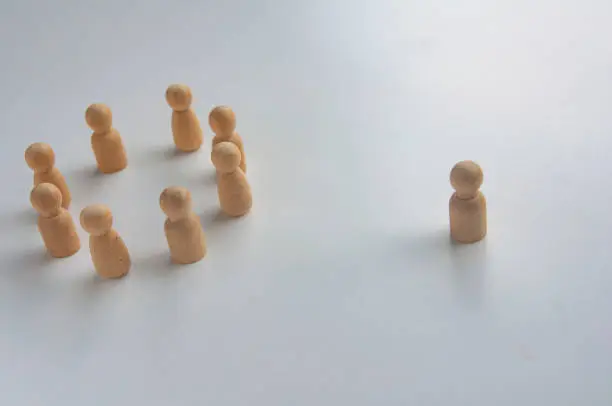Oral history’s marginalized communities are those whose stories have been historically excluded or silenced. This includes people of color, women, LGBTQ+ people, people with disabilities, people from low-income backgrounds, immigrants, refugees, rural communities, religious and political minorities, and survivors of trauma or violence.
Marginalized communities are often underrepresented in oral history collections because they have traditionally been denied access to power and resources. This can make it difficult for them to tell their stories and to have their voices heard.
However, oral history is a powerful tool for marginalized communities to reclaim their voices and to share their stories with the world. Oral history projects can help to document the experiences of marginalized communities, to challenge stereotypes, and to promote social justice.
When conducting oral history interviews with marginalized communities, it is important to be mindful of the unique challenges and opportunities that come with this work.
Here are some best practices:
- Build trust and rapport with your narrators. This is essential for any oral history interview, but it is especially important when interviewing people from marginalized communities who may have a history of being mistreated or exploited by researchers. Take the time to get to know your narrators and to build a relationship with them before you start interviewing them.
- Be respectful of your narrators’ experiences and perspectives. Remember that you are not the expert on their lives. Be willing to listen to their stories without judgment and to validate their experiences.
- Be sensitive to the potential for trauma. Many people from marginalized communities have experienced trauma, either personally or vicariously. Be mindful of this when asking questions and be prepared to offer support if necessary.
- Give your narrators control over the interview process. Let them know that they can stop the interview at any time, that they can decline to answer any questions, and that they can review and edit their transcripts before they are released.
- Honor your commitments to your narrators. If you promise to keep their identities confidential, do so. If you promise to share their stories with a wider audience, do so.
Here are some additional tips for conducting oral history interviews with marginalized communities:
- Do your research. Learn about the history and culture of the community you are interviewing. This will help you to understand the context of your narrators’ stories and to ask informed questions.
- Partner with community organizations. Community organizations can help you to identify potential narrators and to build trust with the community.
- Use inclusive language. Be mindful of the language you use when talking to your narrators and when writing about their stories. Avoid using language that is racist, sexist, or otherwise discriminatory.
- Be transparent about your research goals. Let your narrators know why you are interested in their stories and what you plan to do with their interviews.
- Share the benefits of your research with the community. Find ways to give back to the community that you are interviewing. This could involve sharing your research findings, donating to community organizations, or volunteering your time.
By following these best practices, you can help to ensure that your oral history interviews with marginalized communities are ethical, respectful, and beneficial to both you and your narrators.
Oral historians have an important role to play in documenting the stories of marginalized communities and in ensuring that their voices are included in the historical record. By listening to and sharing the stories of marginalized communities, oral historians can help to promote understanding and empathy, and to create a more inclusive and just society.
I hope this blog post has been helpful for oral historians interested in interviewing marginalized communities. Remember to always be kind, stay positive, and learn to unwind.
